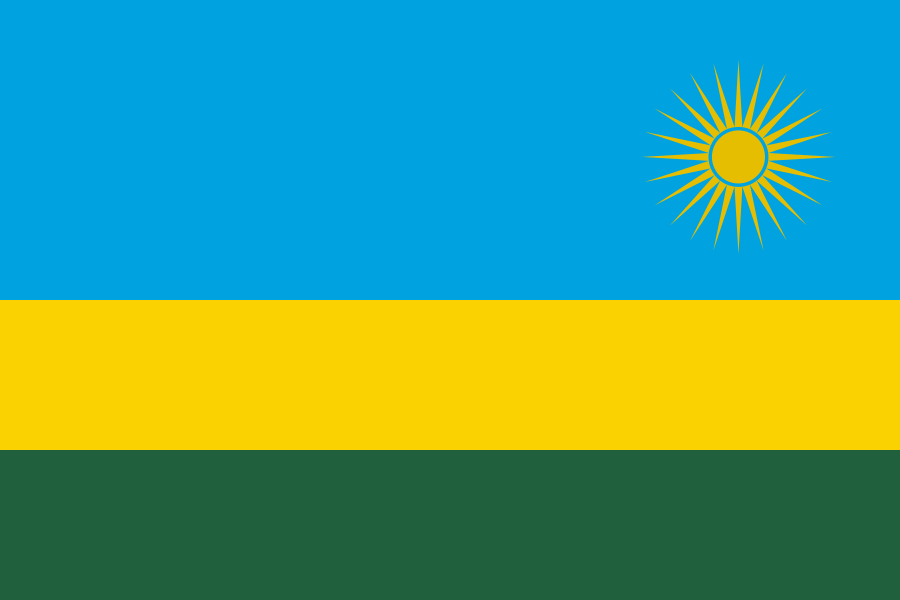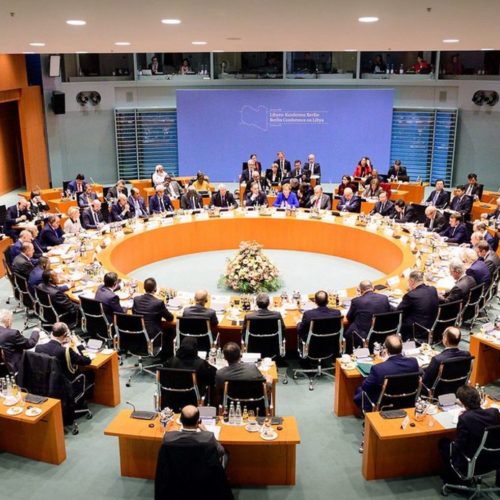AFRI-CANADA
Investment & Development
Forum
About the Conference
The African Canadian Investment and Development Conference is a premier event designed to foster strong business connections and investment opportunities between Canada and the African nations of Burundi, Kenya, the Democratic Republic of the Congo (DRC), Tanzania, and Rwanda. Spanning three days, the conference offers a rich agenda packed with insightful sessions and networking opportunities.
Day one kicks off with an inspiring opening ceremony, followed by keynotes and panel discussions on investment opportunities in East Africa. Attendees can engage in various workshops and breakout sessions, focusing on building successful partnerships and navigating legal landscapes.
Day two delves into industry-specific sessions covering agriculture, infrastructure, healthcare, and more, complemented by case studies and success stories from the region.
The final day is dedicated to strategic roundtables, one-on-one meetings, and the signing of MOUs, culminating in a farewell reception celebrating newfound collaborations and partnerships.
What you’ll discover at conference
It’s a meeting of the minds you can’t afford to miss!
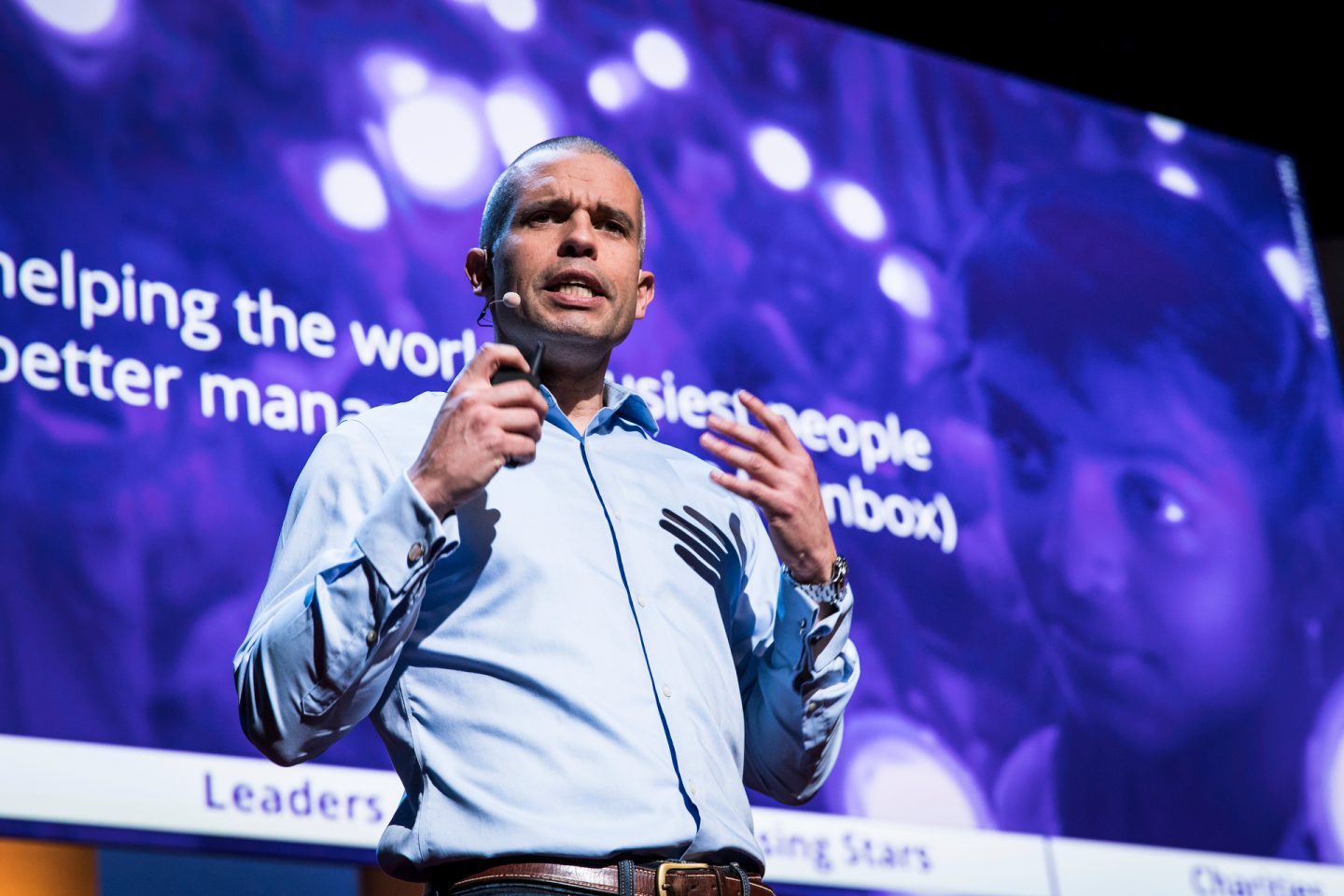
Over 1000+ Attendees
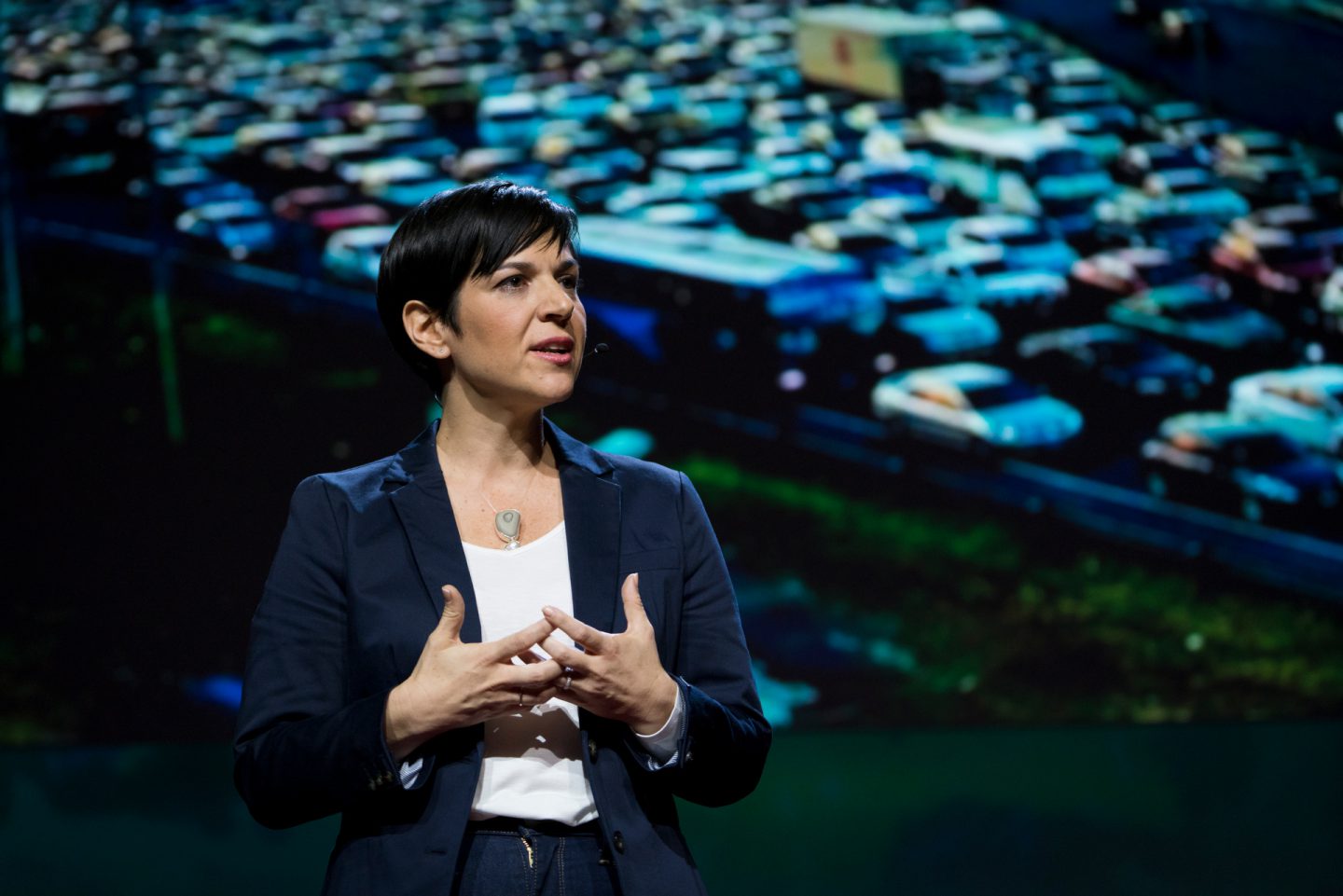
40 Speakers

30 Topics

30 Sessions
HISTORY & BACKGROUND
This inaugural conference is a groundbreaking initiative born from the collaborative efforts of the associations representing Burundi, Kenya, DRC, Tanzania, and Rwanda in Canada. Supported by local African officials, business associations, and successful immigrant business owners, this event marks the beginning of a significant partnership aimed at enhancing economic ties and investment flows between Canada and these African nations. The conference has garnered support from various sectors, including government bodies and investment companies, recognizing the immense potential and mutual benefits of such a collaboration. It stands as a testament to the dedication and vision of African communities in Canada to drive economic growth and development both in their home countries and their new homeland.
MISSION & VISION
The mission of the African Canadian Investment and Development Conference is to establish and nurture long-term, mutually beneficial business opportunities between Canada and the five participating African countries. The conference aims to spotlight several leading industries, fostering an environment where innovative ideas and collaborative ventures can thrive. Beyond the immediate business goals, the vision extends to creating a robust resource hub for new immigrants to Canada. This hub will provide essential support and guidance, enabling them to leverage their relationships and resources from their home countries to build successful enterprises in Canada. By bridging these connections, the conference aspires to empower the African diaspora in Canada, fostering an inclusive and prosperous business ecosystem that benefits both regions.
What you’ll discover at conference
BURUNDI
Key Statistics and Information:
Burundi, a landlocked country in East Africa, boasts a population of approximately 11.9 million. The country has a predominantly agrarian economy, with agriculture contributing to about 32% of the GDP and employing around 80% of the population. The key agricultural products include coffee and tea, which are major export commodities. The country’s strategic location in the Great Lakes region provides a natural link between Eastern and Central Africa, enhancing its potential as a trade hub.
Potential Investment Opportunities:
Investors in Burundi can explore opportunities in the agricultural sector, particularly in enhancing the value chain of coffee and tea production. With the government prioritizing agricultural modernization, investments in agri-processing industries could yield significant returns. Additionally, the energy sector presents viable opportunities, especially in renewable energy projects like hydroelectric power, given Burundi’s numerous rivers. There is also potential in the mining sector, with untapped reserves of nickel, gold, and rare earth minerals awaiting exploration.
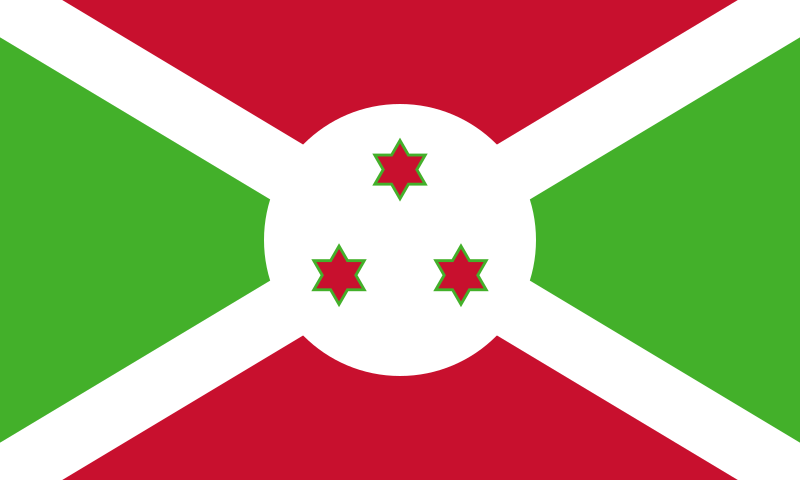
KENYA
Key Statistics and Information:
Kenya, with a population of about 53 million, is one of Africa’s most dynamic economies. It serves as the commercial and financial hub of East Africa, bolstered by a robust infrastructure network and a well-educated workforce. The economy is diverse, with key sectors including agriculture, manufacturing, tourism, and technology. Nairobi, the capital, is home to numerous multinational companies and serves as a regional headquarters for many international organizations.
Potential Investment Opportunities:
Kenya’s technology sector, often referred to as “Silicon Savannah,” offers lucrative opportunities for investors, particularly in fintech, mobile technology, and digital services. The country’s Vision 2030 development plan emphasizes infrastructure development, presenting opportunities in the construction of roads, railways, and ports. Additionally, the agricultural sector remains vital, with opportunities in agribusiness and food processing. Renewable energy, especially geothermal and wind power, is another promising area for investment, given Kenya’s commitment to green energy solutions.
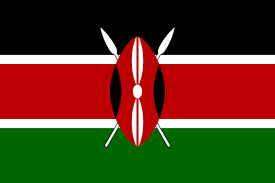
DEMOCRATIC REPUBLIC OF CONGO (DRC)
Key Statistics and Information:
The Democratic Republic of the Congo, with a population exceeding 89 million, is Africa’s second-largest country by area and is richly endowed with natural resources. It holds vast reserves of minerals like cobalt, copper, diamonds, and gold. The mining sector is a cornerstone of the economy, contributing significantly to the GDP and export earnings. The DRC’s central location in Africa also positions it as a pivotal market within the continent.
Potential Investment Opportunities:
Investors can tap into the DRC’s mining sector, which remains largely underexplored despite its vast potential. Sustainable mining practices and value-added processing facilities can offer substantial returns. The energy sector, particularly hydropower, presents another significant opportunity due to the country’s extensive river networks. Additionally, agriculture offers potential, with large tracts of arable land suitable for diverse crops and agribusiness ventures. Infrastructure development, including transportation and telecommunications, is also critical to unlocking the country’s economic potential.
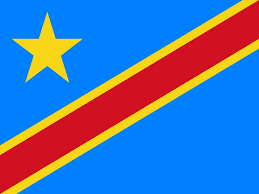
TANZANIA
Key Statistics and Information:
Tanzania, with a population of around 61 million, is renowned for its political stability and sustained economic growth. The country has a diverse economy, with significant contributions from agriculture, mining, tourism, and manufacturing. Dar es Salaam, the largest city and economic hub, serves as a gateway for trade in the region. The government’s focus on industrialization and infrastructure development aligns with its Vision 2025 plan to transform Tanzania into a middle-income country.
Potential Investment Opportunities:
Tourism remains a top investment prospect in Tanzania, given its world-famous attractions like the Serengeti, Mount Kilimanjaro, and Zanzibar. The mining sector also offers opportunities, particularly in gold, tanzanite, and natural gas exploration. Agriculture continues to be a critical sector, with potential in cash crops like coffee, tea, and cashew nuts, as well as agriprocessing industries. Infrastructure projects, including port expansions, railways, and road networks, are actively encouraged to support the country’s growing economy.
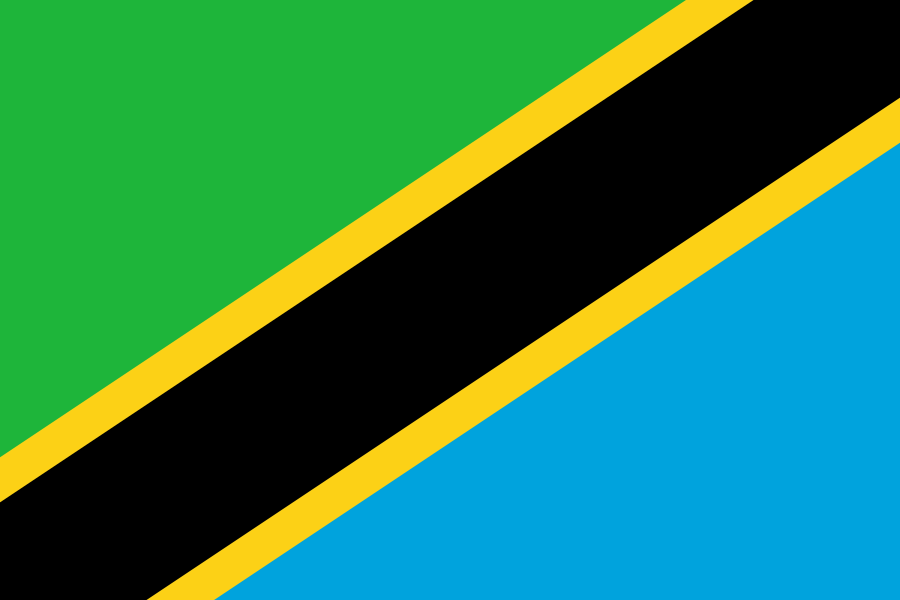
RWANDA
Key Statistics and Information:
Rwanda, with a population of about 13 million, is one of Africa’s fastest-growing economies, known for its pro-business reforms and ease of doing business. The country has made significant strides in improving infrastructure, governance, and healthcare. Kigali, the capital, is a vibrant city with a burgeoning service sector, particularly in information and communication technology (ICT) and finance.
Potential Investment Opportunities:
Rwanda’s ICT sector is a prime area for investment, driven by the government’s vision to transform the country into a regional tech hub. Opportunities abound in fintech, e-commerce, and digital innovation. The tourism sector also offers considerable potential, with attractions like Volcanoes National Park, home to mountain gorillas, drawing international visitors. Agriculture, particularly in high-value crops like coffee and tea, remains vital, with opportunities in agroprocessing and export-oriented farming. Additionally, the real estate and construction sectors are expanding, driven by urbanization and infrastructural development projects.
